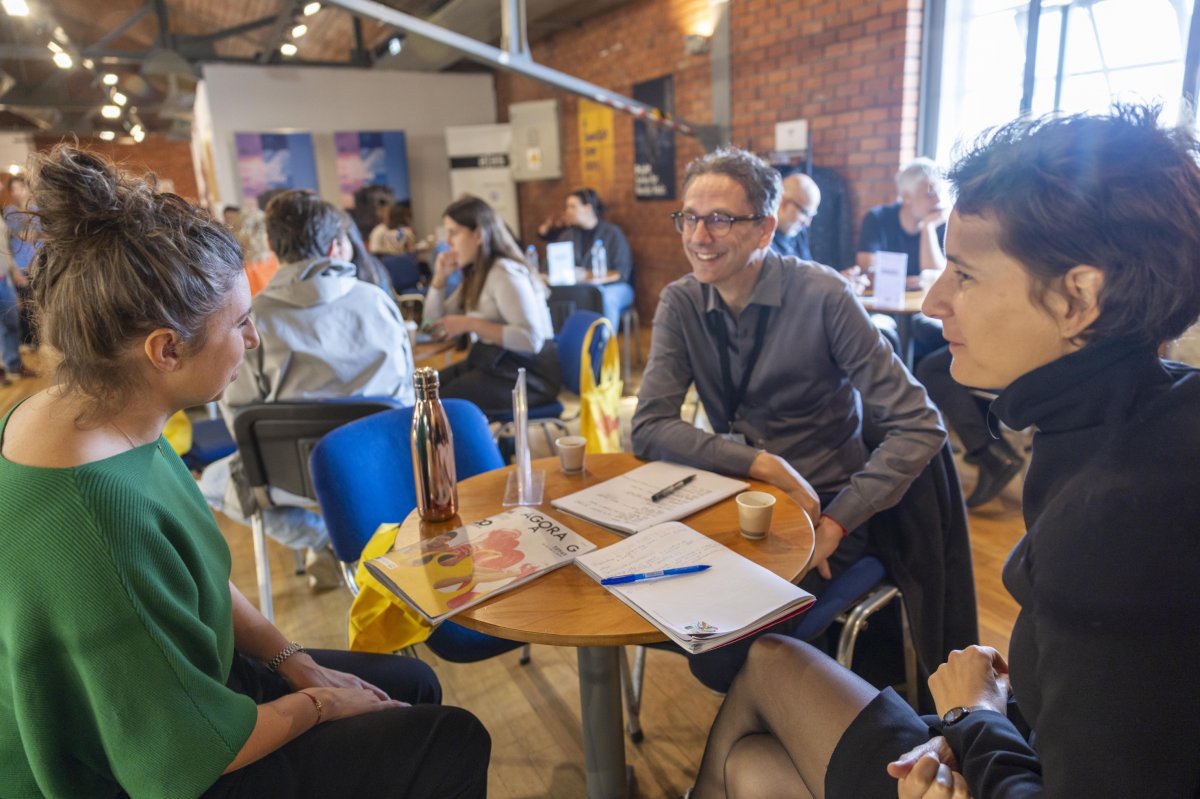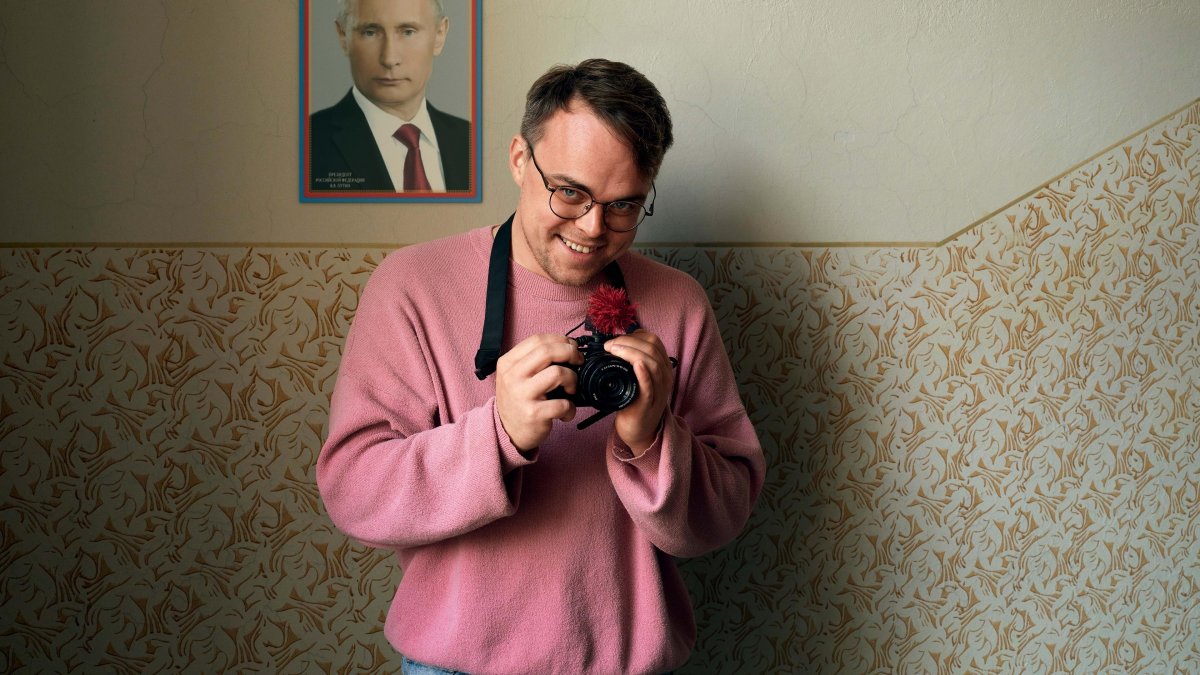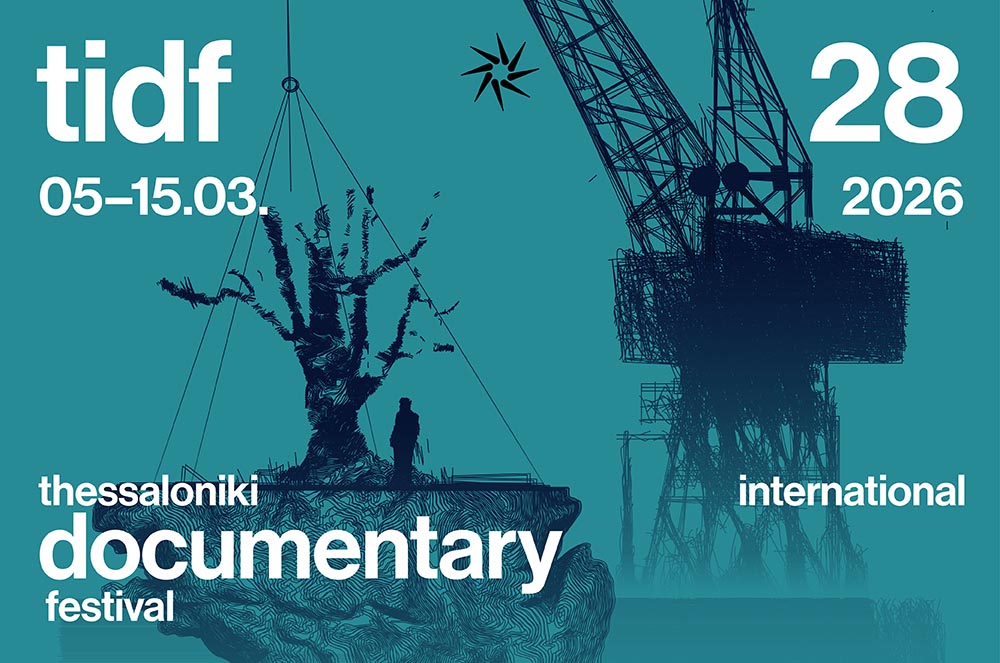The third edition of the “Thessaloniki Goes to Cannes” event took place in a celebratory mood on Monday, May 20th 2019, during the Marché du Film of the 72nd Festival de Cannes
News
For more information please contact Press and Communication Department.
60th TIFF: Agora Call for Entries
www.filmfestival.gr
We are pleased to invite filmmakers to submit their films in the Agora, Thessaloniki International Film Festival’s Industry section, on the occasion of the anniversary 60th Thessaloniki International Film Festival that will take place October 31-November 10, 2019.
Thessaloniki Goes to Cannes: The films
www.filmfestival.gr
We have the pleasure to announce the 5 Greek films (Works in Progress) that will participate in the third edition of the “Thessaloniki Goes to Cannes” event which will take place on Monday, May 20th 2019, during the Marché du Film of the 72nd Festival de Cannes (May 14-25, 2019).
21st TDF - Closing Ceremony
www.filmfestival.gr
In a warm closing awards ceremony, the curtain fell on the 21st Thessaloniki Documentary Festival on Sunday 10 March 2019 at Olympion theater. The Golden Alexander was bestowed to the film Advocate, by Rachel Leah Jones and Philippe Bellaiche (Israel-Canada-Switzerland), while the Special Jury Award was granted to the film Midnight Traveler by Hassan Fazili (USA-Qatar-Canada-UK).
“Thessaloniki Goes to Cannes”
www.filmfestival.gr
The Thessaloniki Film Festival invites filmmakers to submit their projects to the “Thessaloniki Goes to Cannes” event that will take place on Monday May 20th, 2019 during the Marché du Film of the 72nd Festival de Cannes (14-25 May, 2019).


















